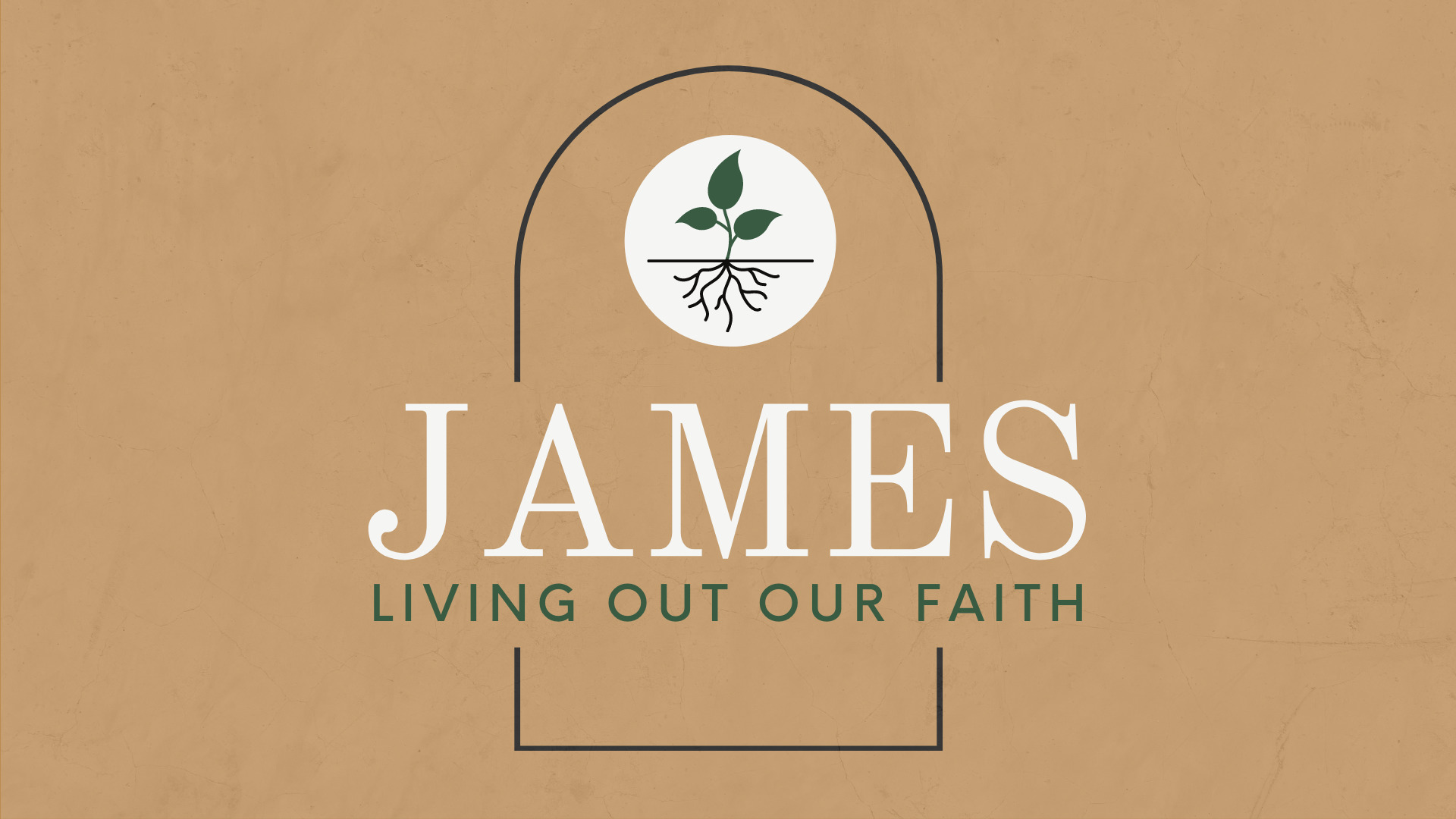
“With the tongue we praise our Lord and Father, and with it we curse human beings, who have been made in God’s likeness. Out of the same mouth come praise and cursing. My brothers and sisters, this should not be.”
James 3:9-10
Dear HBIC Family,
I think it’s time for an all-family confession. Some of us have come to the table already, some have just moved on. Some haven’t thought about this in years, and some might actually believe it. However, it must be stated, our childhood proverb of “Sticks and stones may break my bones, but words can never hurt me” is completely wrong. It ignores the sad reality that words do hurt, they linger with us, and they annoyingly remain lodged in our memories.
In the Scriptures, Proverbs teach us that the soothing tongue is a tree of life, but a perverse tongue crushes the spirit. The Psalmists invite us to keep our tongue from evil and our lips from telling lies, and to ask God to put a guard over our mouths and to keep watch over our lips. Jesus also reminds us in the gospels that the mouth speaks what the heart is full of. Scripture is clear: words have an impact, words can deeply injure, and words can possibly destroy.
In James, the servant of God builds on the biblical tradition and thinking about the power of the tongue, the words that come out of our mouths, and how they reveal what our hearts are full of. James does not mince any words in calling us to tame the tongue and reminding us that we should be praising God and not cursing one another. For James, we also reap what our tongues sow, therefore we ought to be bearing good fruit for God and one another.
This week, we will be focusing on the power of our words and how we ought to use them to bear good fruit and glorify God. Our passage, James 3:1-12, is clear, yet always challenging by calling us to do better and to live wiser. As you prepare for this week’s services, I would like to invite you to read and meditate on James and Jesus’ teaching in both Matthew 12:33-37 and James 3:1-12. As you reflect, I would like to ask you to focus on the following questions:
Why do you think Scripture is so passionate and clear, about God’s people taming their tongue?
What is one time, that your words have caused harm? What did you do to reconcile?
What is one time that your words have blessed someone? How did they feel?
What is one helpful practice to help you tame your tongue?
How are you currently storing good things in your heart, so your words can bring good fruit?
When I started high school, I was very unconcerned about my tongue. I thought of my words as generally kind and encouraging. Nevertheless, as a child of Philadelphia, my tongue could be biting. We played the dozens in jest, but also to inflict just enough pain that you’d win. And winning was crucial because you were standing up for yourself, and also letting everyone know. But over the course of my freshman year, I had a dear friend who challenged me on this…using much the teaching found in James 3.
We can do much with our words. We can encourage, we can lift up, we can help, we can heal. We can apologize for harm, take ownership for our wrongs, and humbly live together in peace. James challenges us because with our mouths we praise our God, but sometimes, with our same mouths, we harm each other. This must not be the case, for all of us who belong to God.
Sisters and brothers, may the words of our mouths reveal the good in our hearts, as we build one another up with love and action.
God bless you all.
Love in Christ,
Pastor Hank (James 3:9-10)

